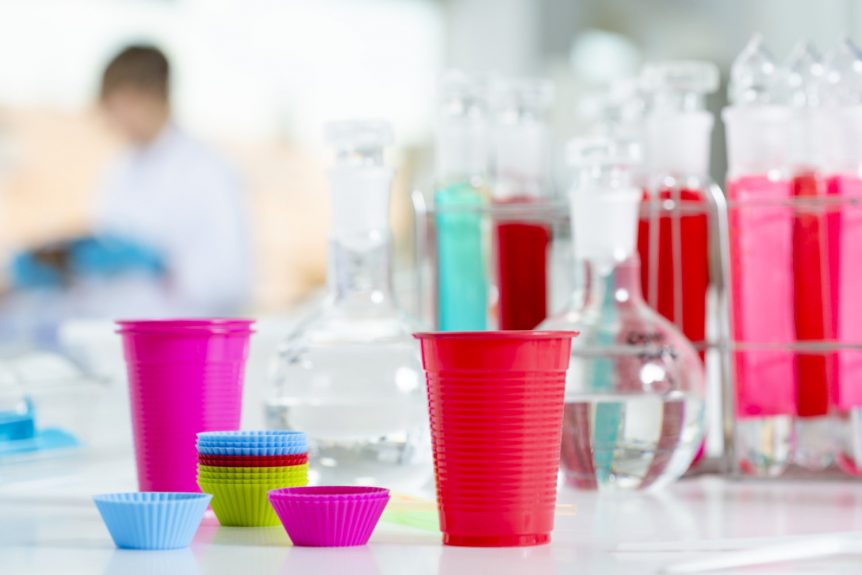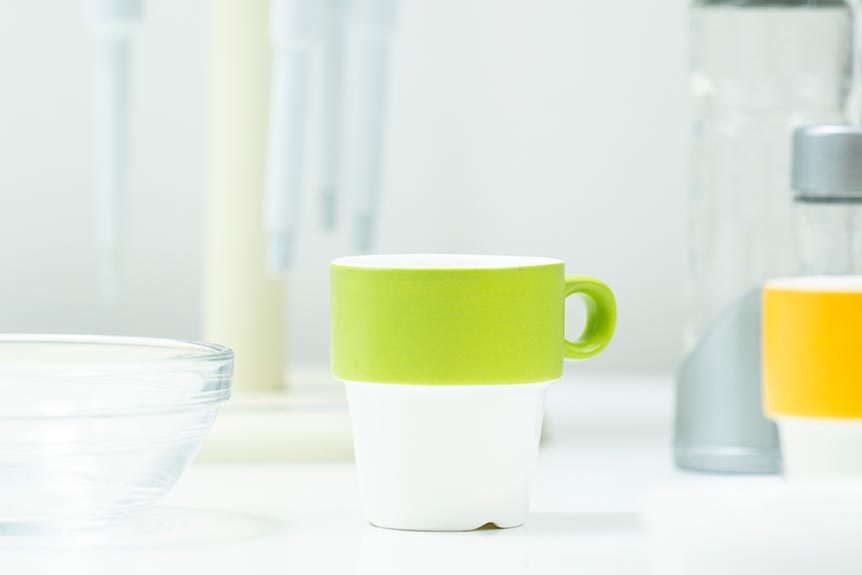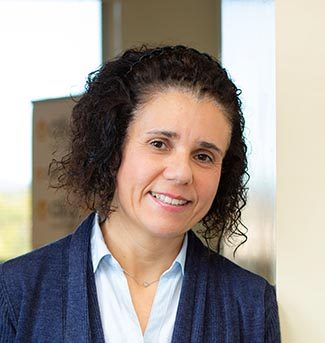Tests of food contact materials. Containers and packaging.
Food safety is one of the main concerns of consumers, especially when it comes to chemical substances originating from plastic packaging that may appear in the food we eat.
A lot of news items have been published regarding the health effects of heating up food in plastic containers, for example. Therefore, manufacturers must be able to generate trust in the consumer, complying with the stringent legislative requirements applicable to food contact materials.

In the case of food contact materials, compliance with legislative requirements may entail an important challenge for the manufacturer, not only due to all the items it must take into consideration, but also due to the complexity certain materials may present in terms of the parameters that ensure chemical safety.
Concepts such as overall migration, specific migration, NIAS (not intentionally added substances), simulants, the screening approach, declaration of conformity, etc, are fundamental to understanding the complicated legislative framework (Figure 1) that applies to different materials that may form part of articles that are in contact with food.
Food contact materials services
Among the regulatory obligations for plastic food contact materials, one of the most important is the analytical verification of the values of both global and specific migration.
Promotional items, especially those destined to children, must comply with Directive 2009/48/EC on Toy Safety, and Regulation No. 1935/2004, when supplied with food.
The European Directive 94/62/EC on packaging and packaging waste, establishes a limitation with regard to the maximum content of certain metals in the materials that form part of the packaging.
The absence of specific and harmonised requirements for packaging in sectors other than the food sector, such as cosmetics or pharmaceuticals, causes significant damage to the sector.
In the field of materials in contact with food, few such materials – plastics, for example, (European Regulation EU No. 10/2011) or ceramics (European Directive 84/500/EC), have specific measures.
Materials and articles in contact with food, according to Regulation No. 1935/2004, must be accompanied by a declaration of conformity with the applicable measures.
Labelling on objects in contact with food not only guarantees correct information for the consumer, but is also required by European Regulation No. 1935/2004.
Complying with legislative obligations regarding food contact materials can be very costly, especially when there is a lot of variety in the formulation of the different products.
Sometimes, the person responsible for placing contact articles on the market does not know what material the product is made with, and this information is very important when it comes to deciding which food safety tests must be applied.



- Performing tests on materials will provide you with an important competitive advantage which will help you generate the trust in your products that the consumer demands.
- We know what requirements apply to your product, and how to tackle them, and we provide you with the certifications that guarantee the validity of the numerous analyses we carry out each year.
- Certification of food contact materials tests is the international recognition that positively supports the legislative compliance work that corresponds to the manufacturer.
Food contact materials tests have been ENAC certified for more than 10 years, which simplifies the recognition of test reports within Europe.
We work closely with our clients to ensure that the proposed analyses fully meet their needs.
We have a laboratory equipped with the most sophisticated sample preparation and analysis techniques which allows us to cover a wide range of chemical determinations, such as:
- Overall migration tests.
- Specific migration tests: monomers, solvents, antioxidants, plasticisers, aromatic amines, bisphenol, etc.
- Metal migration tests: Pb, Cd, As, Co… in ceramic and glass materials.
- Migration tests according to Resolution CM/Res(2013) on metals and alloys in food contact materials and articles.
- Migration tests in silicones (peroxides, organotin compounds, etc).
In the determination of overall migration, gravimetric methods and chromatographic techniques are used when needed (oil simulant). In the case of specific migrations, the variability of methods is greater, due to the fact that the techniques depend strongly on the specific particles being analysed, as well as on applicable limits. Therefore, spectroscopic and chromatographic techniques are employed (with all possible variants).
When you reach out to AIJU to verify your products that are intended for contact with food, you immediately receive advice from our group of experts in regulations and legislation. This team will inform you about the requisites that apply to your product, and how best to approach both the overall migration and the specific migration tests. Once the results of the analyses have been obtained, we also help you to draw up the mandatory declaration of conformity for this type of article.
- The technical staff that performs the food contact materials tests has more than 10 years’ experience in this sector. The ongoing training of the team, as well as their constant updating in legislative matters, generates the necessary confidence in our clients.
- In addition to our human team, our laboratory has the most modern analysis techniques, which allow more selective determinations and concentration limits in line with legislative requirements.
- The AIJU laboratory has its own line of research, within the framework of food contact materials, dedicated to the development of test methods that allow manufacturers to verify their products. The research includes control of NIAS (substances not intentionally added).

